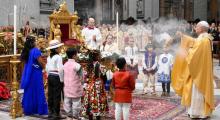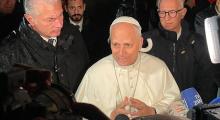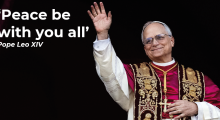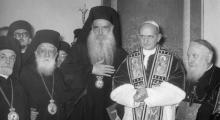Issued by the Catholic Center for Studies and Media - Jordan. Editor-in-chief Fr. Rif'at Bader - موقع أبونا abouna.org
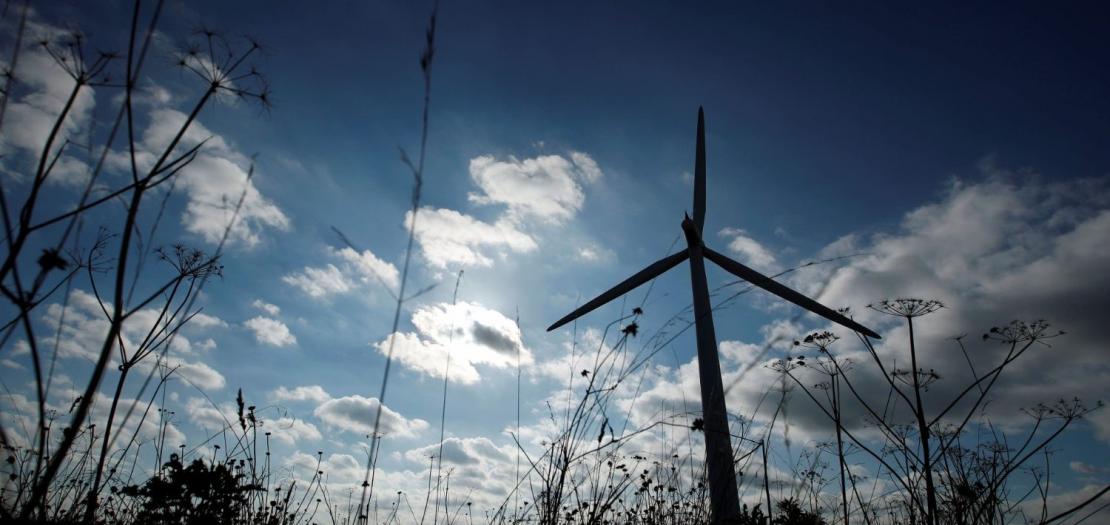
In an address during the Tenth Review Conference of the Parties to the Treaty on the Non-Proliferation of Nuclear Weapons, Archbishop Gabriele Caccia, the Vatican’s Head of Delegation underlined the Holy See’s position, stating that atomic energy must only be used for peaceful purposes.
The archbishop said that the Holy See “takes this opportunity to reaffirm its commitment to the International Atomic Energy Agency (IAEA) and urges State Members to strengthen support for the Agency.”
Pros and cons
He noted the contribution nuclear technology has made to sustainable development by treating cancer, improving crop yields, managing and protecting water supplies, and monitoring ocean pollution.
“Capacity building partnerships between developing countries and the IAEA have enabled nearly all States to benefit from such applications,” the archbishop said.
However, he pointed out that despite these accomplishments, “the spread of nuclear technology has not occurred without problems, and some very grave problems.”
Peaceful use of nuclear energy
“Ensuring the peaceful use of nuclear energy means that nuclear energy, medicine, and research facilities must not be targeted in war, which could turn such sites into sources of proliferation, create “dirty bombs,” or radiologically contaminate local communities and the environment, harming present and future generations,” the archbishop stressed.
In light of this, he continued, “the Holy See first recalls that Protocol I to the Geneva Conventions prohibits attacks against nuclear power plants and urges that the protection of civilian objects be kept high on the international agenda, including the protection of nuclear facilities.”
He also underlined that “Such efforts must also respond to the secondary consequences of war and conflict, which linger long after guns fall silent.”
Our common home
In a bid to protect our common home, said the archbishop, “the peaceful uses of nuclear technologies must be considered in an integral fashion, not with a siloed, technocratic approach.”
He went on to say that “pursuing integral human development requires addressing the social, environmental, and health impacts of technologies.”
Archbishop Caccia pointed out that potential new inventions in nuclear energy “suggest the promise of providing climate-neutral energy without harmful impacts to health, the environment, and future generations.”
Furthermore, he underlined, “States should take steps to remediate environments negatively affected by nuclear accidents and uranium mining, assist communities suffering from such effects, and agree on long-term storage solutions for high-level radioactive waste.”
The archbishop also urged States to work together in pursuing the peaceful uses of nuclear energy.
In this regard, he added, “the Holy See welcomes the opening of the IAEA Low Enriched Uranium Bank in Kazakhstan and calls for greater efforts to multilateralize the nuclear fuel cycle, especially those portions of which pose the greatest threats to proliferation.”
Ethic of responsibility
Concluding his address, Archbishop Caccia emphasized that current and future generations “deserve a peaceful world order based on the unity of the human family, grounded on respect, cooperation, solidarity and compassion.”
He also stressed that “now is the time to counter the logic of fear with the ethic of responsibility, and so foster a climate of trust and sincere dialogue


